Mikhail Vorontsov: from lieutenant to general
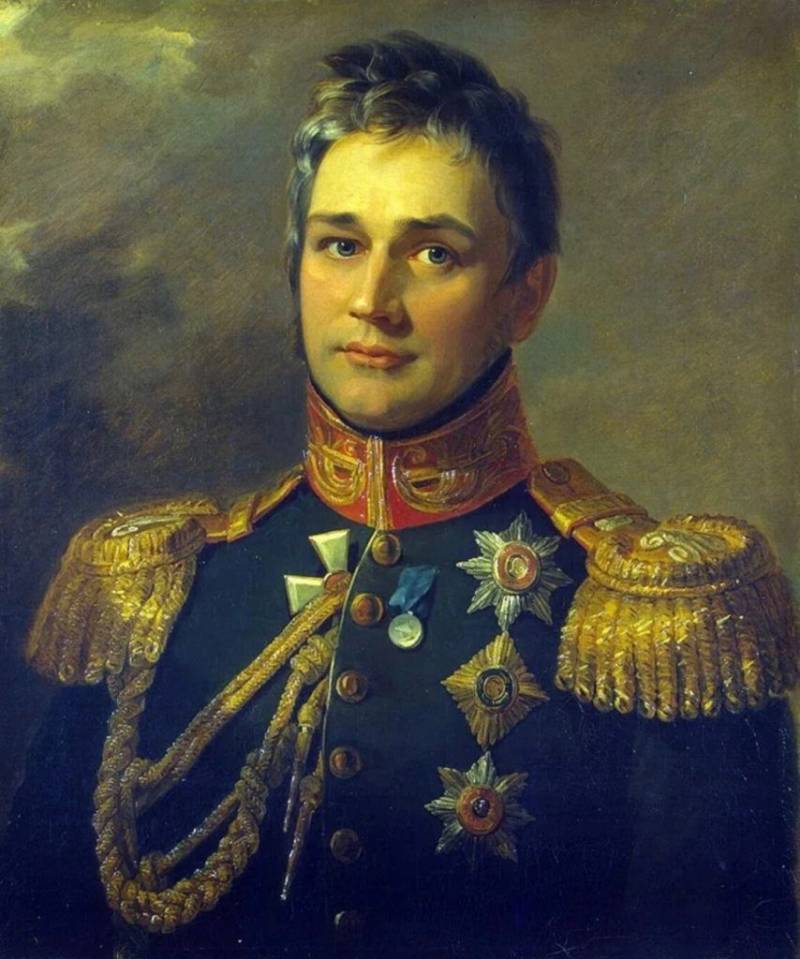
Beginning of a journey
Mikhail Semenovich Vorontsov was born on May 19, 1782 in St. Petersburg and belonged to an aristocratic family, who had the title of count since 1760. Among his closest relatives were governors, generals, admirals, chancellors, ambassadors. His father, Semyon Romanovich, began his career in the army, participated in the Russian-Turkish war, after which he continued to serve in the civilian field. Mother, Ekaterina Alekseevna Senyavina, was the daughter of a famous admiral. She died of consumption at the age of 23, leaving her husband two young children. In 1784, Semyon Romanovich was appointed ambassador to Great Britain, where he went with his children. Thus, Michael spent his early years in London.
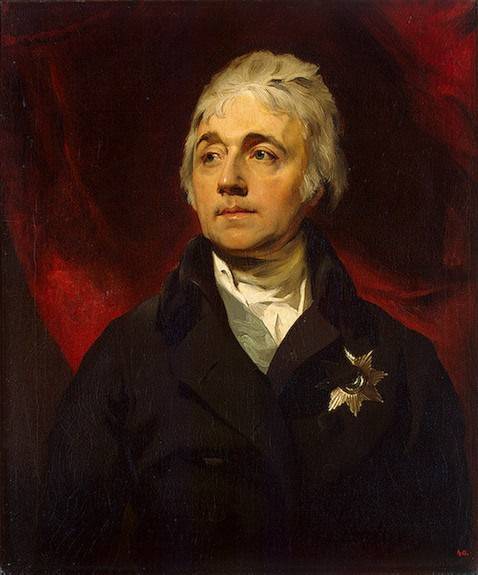
The appointment of Vorontsov Sr. as ambassador to London was not an accident. If the majority of Russian nobles at that time were distinguished by Francophilia, which was expressed in the widespread use of the French language and culture in everyday life, then the Vorontsovs were Anglophiles, and in foreign policy advocated an alliance with Britain.
In addition, the Vorontsovs were also distinguished by their opposition to Catherine II. This was due to the fact that they supported Peter III, whose main favorite was Elizaveta Vorontsova, and did not support the coup of 1762 that overthrew him.
Catherine II remembered this very well all the years of her reign, so she kept the Vorontsovs at some distance. Therefore, the appointment of a not entirely loyal figure as ambassador to London was quite in the spirit of that era.
Under the guidance of his father, Mikhail received an excellent education at home. By the time he came of age, he knew English, French, German, Greek and Latin well. Realizing that his son would have to serve in Russia, Semyon Romanovich made the main emphasis on the study of Russian culture by his son and in everyday life spoke with him only in Russian.
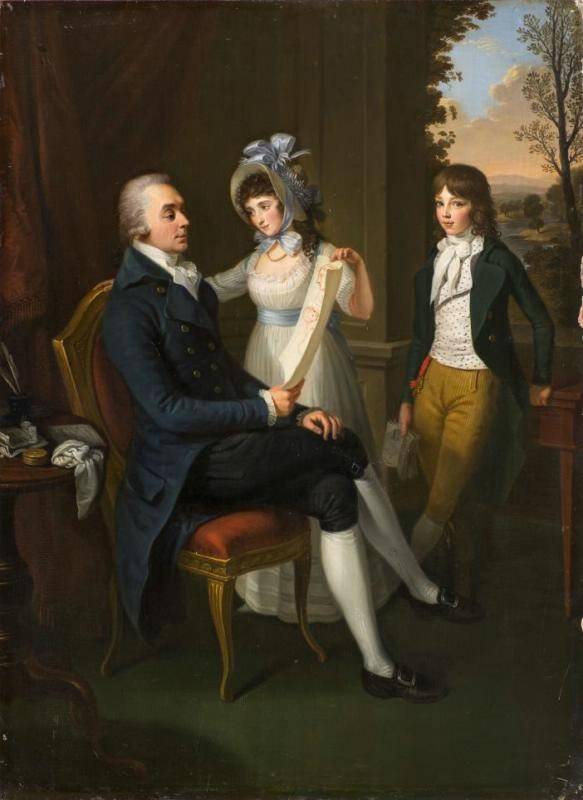
After the death of Catherine, the new emperor Pavel brought the Vorontsovs closer to him, giving them a number of posts. In 1798, 16-year-old Mikhail became a chamberlain at court.
Under Alexander I, the position of the Vorontsovs increased even more: in 1802, Mikhail's uncle, Alexander Romanovich, was appointed Chancellor of the Russian Empire. Having such relatives, Mikhail could well have made a court career, but soon decides to join the army, and he began it from the lower ranks - in October 1801 he became a lieutenant.
Mikhail received his baptism of fire in 1803, having gone to the Caucasus, where at that time the war with the Persians began. Soon he distinguished himself in the battle near the Ganja fortress, for which he received his first award - the Order of St. Anna of the 3rd degree. In June 1804, the young lieutenant was awarded the Order of St. George of the 4th degree for his bravery in the battle near the Erivan fortress.
Participation in wars with the French and Turks
The next stage in Vorontsov's career is associated with participation in military campaigns against Napoleon.
In December 1806, he distinguished himself in the battle of Pultusk, for which he was promoted to colonel at the age of 24. He also participated in the unsuccessful battle of Friedland, commanding a battalion of the Preobrazhensky Regiment in it.
Since 1809, already as commander of the Narva Infantry Regiment, Vorontsov has been fighting the Turks and also distinguished himself in a number of battles. So, for the difference during the assault on the fortress of Bazardzhik, he is promoted to major general. This is followed by battles near Varna, Shumla and Batyn. In 1811, acting under the command of Kutuzov, he distinguished himself in the battle of Ruschuk, where the Turkish army suffered a decisive defeat in that war. For successful actions in the battle near the Bulgarian city of Viddin Vorontsov was awarded the Order of St. George, 3rd degree.
However, the most bloody battles were waiting for the young general to come. By the time of Napoleon's invasion, Vorontsov commanded an infantry division as part of General Bagration's 2nd Army. In this position, he traveled the entire retreat from the border and took part in the Battle of Borodino, in which his division suffered heavy losses, and Vorontsov himself was wounded in the battles for the Bagration flushes. He later recalled his participation in this battle as follows:
I was wounded in the thigh by a musket-ball in our first counter-attack on the flushes, my gallant division was completely disorganized: from almost 5 there were no more than 000 left with one field officer who was not wounded or received only a light wound; 300 or 4 of our divisions defending the fleches suffered almost the same fate.
... They bandaged my wound right on the field, removed the bullet, and for the first 3 or 4 miles I was taken in a small peasant cart, one of the wheels of which was hit by a cannonball, and we managed to ride the remaining three.
Soon after the battle, while in Moscow, which was preparing to surrender, Vorontsov was struck by the fact that no attempts were made by the army authorities to take out tens of thousands of wounded soldiers who were in the city. They were abandoned to their fate. Therefore, when wagons arrived at his mansion to evacuate paintings, books, family jewels and other property, Vorontsov ordered the wounded to be loaded onto all wagons. In this way, 50 officers and about 300 soldiers were saved, who were brought to the Andreevsky estate of Vorontsov and kept there at his expense until they fully recovered. Indeed, Vorontsov saved the lives of all these people, because the vast majority of those wounded who did not have time to be taken out soon died in a fire.
In Andreevsky, the wounded were treated by Vorontsov's doctors and paramedics. Contemporaries claimed that Mikhail Semenovich spent 350 rubles a day on the maintenance and treatment of these 800 people. For comparison: a horse could then be bought for 10-20 rubles. And so it went on for four months, until all the wounded were cured.
Vorontsov himself, barely recovering from his wound and leaning on a cane, returned to duty at the end of October 1812. Now he served under Pavel Chichagov and commanded the vanguard of his 3rd Western Army.
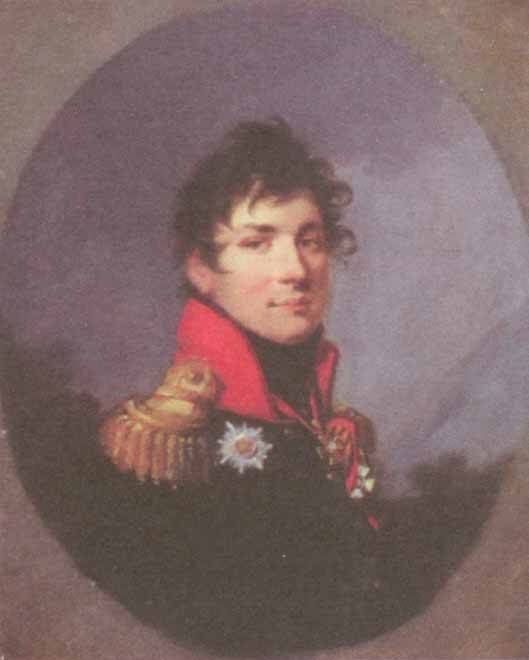
Participation in the foreign campaign and marriage
When, at the beginning of 1813, Russian troops launched a foreign campaign with the goal of finally finishing off Napoleon, Vorontsov was again in the thick of things. He led a separate detachment of three Cossack and two Chasseur regiments, at the head of which he took part in the sieges of Poznan, Kustrin and Magdeburg. For the capture of Poznan in February 1813, he was promoted to lieutenant general.
In the summer of the same year, Vorontsov participated in a major battle at Dresden, and in October - in a three-day "battle of the peoples" near Leipzig. For participation in this battle, he was awarded the Order of Alexander Nevsky.
During the campaign of 1814, already on the territory of France, Vorontsov had a chance to confront the main forces of Napoleon. This happened on March 7 at the Battle of Craon. Then Vorontsov's division, together with the division of Lieutenant General Stroganov, with a total number of 16 people, resisted Napoleon's forces of 000 soldiers for five hours. During the battle, Vorontsov and Stroganov not only were not defeated, but were also able to inflict greater losses on the French than they themselves suffered: up to 29 from the French and about 000 from the Russians. Two days later, Blucher's Russo-Prussian army defeated Napoleon at the Battle of Laon.
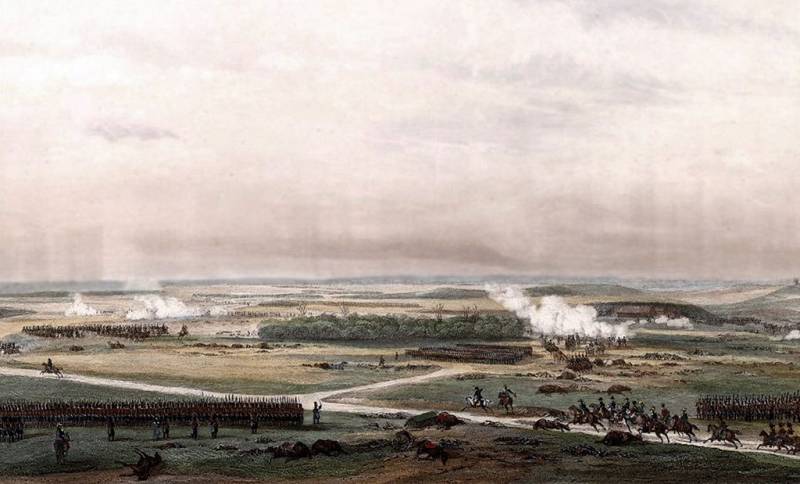
Participation in the Napoleonic Wars ended for Vorontsov with the capture of Paris. However, he will have to return to Russia a few years later. Mikhail Semenovich was appointed commander of the Russian occupation corps in France, numbering 36 people. They remained in France until October 000, during which time they incurred debts for a colossal sum of one and a half million rubles. Vorontsov repaid this debt from his own pocket, for this he had to sell the estate.
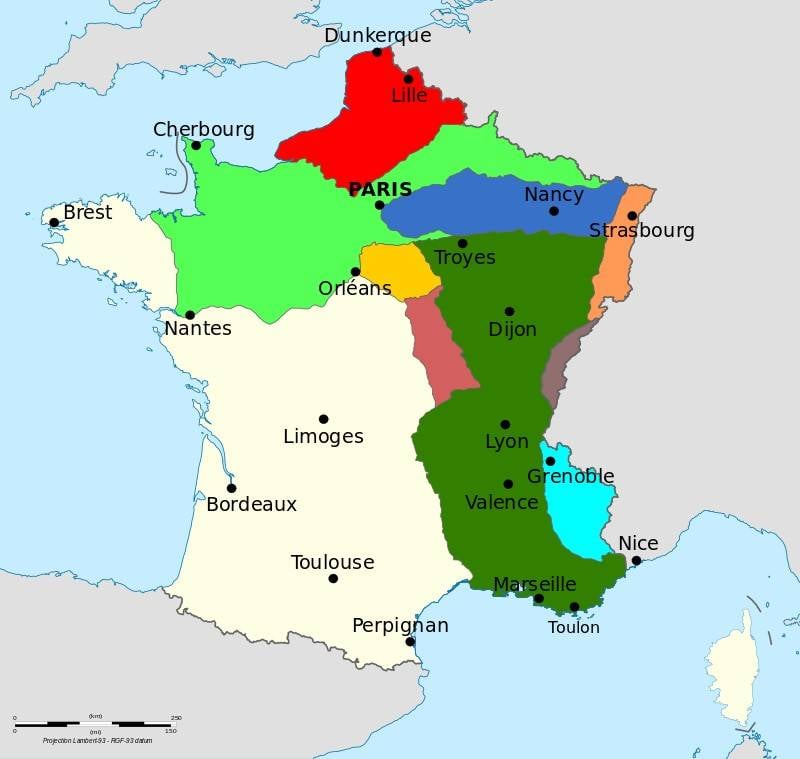
Only after that, the 36-year-old general thought that it was time to get married. His chosen one was the 27-year-old (at that time the age for the bride was no longer young) Elizaveta Branitskaya, the daughter of a wealthy Polish magnate. Vorontsov wrote in his diary:
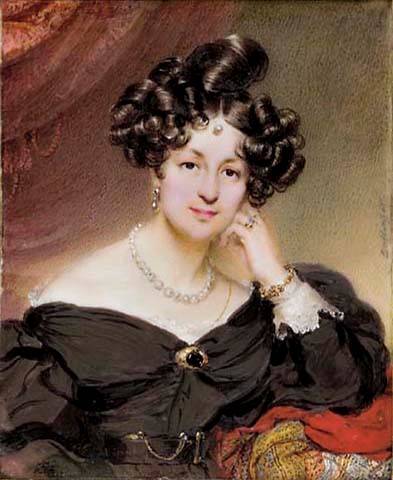
The wedding took place in April of the same year. Like the vast majority of aristocratic marriages of that era, it was originally a marriage of convenience: the Vorontsov doubled his fortune, and the Branitskys became related to a famous commander and a representative of a noble family. Nevertheless, the joint life of the spouses turned out to be happy. Six children were born in the marriage, but only two of them, Semyon and Sophia, reached adulthood.
Here one could say: "And they lived happily ever after." However, for Vorontsov, at this stage, only his military activities were completed. He has yet to prove himself as an outstanding administrator, thanks to which he remained in the memory of his descendants. But we will talk about this in the next article.
To be continued ...
Information